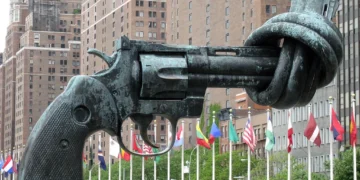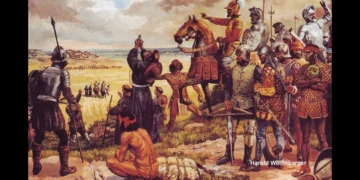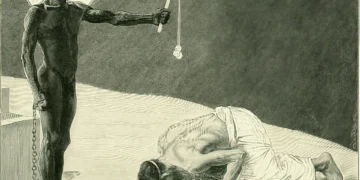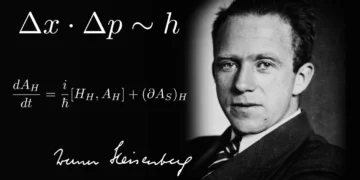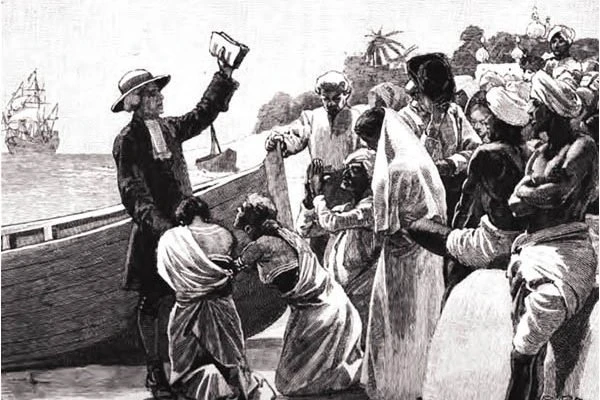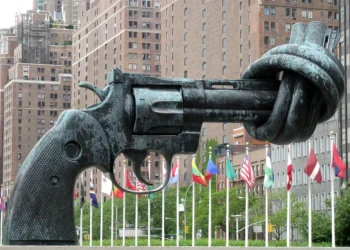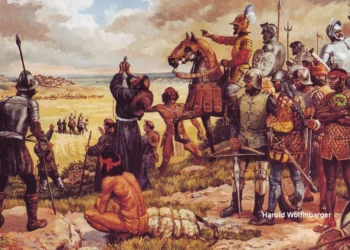Christian missionaries have played a prominent role in shaping the course of history for centuries. They embarked on expeditions to spread their faith and introduce new cultures to Christian principles. While the legacy of Christian missions provides numerous instances of success stories, it is essential to acknowledge the failures as well. In this article, we explore the historical impact of Christian missionaries, highlighting notable successes and failures and exploring their relevance in the modern world.
Historical Successes
Throughout history, Christian missionaries have achieved remarkable successes in various parts of the world. One such example can be found in the missionary efforts of St. Patrick in Ireland during the fifth century. St. Patrick effectively combined Christian teachings with Irish cultural practices, resulting in the conversion of many Irish citizens to Christianity. This successful fusion of religious belief systems contributed to the Christianization of Ireland.
Another landmark success is seen in the missionary work carried out by early Christian missionaries in Africa during the 19th and 20th centuries. Christian missions in Africa played a significant role in establishing educational institutions, healthcare systems, and promoting literacy. These efforts not only spread Christianity but also brought essential social services to communities, leaving a lasting impact on the continent.
Historical Failures
Amidst the successes, it is crucial to recognize and learn from the failures of Christian missionary endeavors. One such example is the colonization period, particularly in Latin America during the 16th century. The missionaries’ goals were often overshadowed by political ambitions, resulting in the imposition of cultural assimilation and the destruction of indigenous cultures. This approach undermined the integrity of local traditions and led to resentment among native populations, hindering long-term acceptance of Christianity.
It is also important to acknowledge the damaging influence of some missionaries during the expansion of Western powers in Africa and Asia. In certain instances, religious zeal and cultural insensitivity led to the erosion of local traditions and the suppression of indigenous beliefs. The paternalistic attitudes adopted by some missionaries perpetuated power imbalances and hindered genuine cultural exchange, leading to failures in community acceptance.
The Relevance of Missionaries in the Modern World
In the modern world, the relevance and efficacy of Christian missionaries continue to be topics of debate. On one hand, missionaries have adapted their approach, focusing more on community development, education, and healthcare rather than solely religious conversion. Organizations like World Vision and Catholic Relief Services work tirelessly to address poverty, health concerns, and injustices around the globe, embodying the spirit of Christian humanitarianism.
Moreover, Christian missionaries often provide critical relief work during times of crisis and disaster, bringing much-needed assistance to affected communities. Their philanthropic efforts, driven by their faith, offer solace and support to those in need.
However, criticisms surrounding cultural imperialism and the imposition of foreign values on local populations persist. It is essential for modern Christian missionaries to engage in respectful dialogue and collaboration with local cultures, valuing diversity and seeking to understand and promote indigenous perspectives.
A Vital Role in a World in Flux
The history of Christian missionaries is a tapestry consisting of both successes and failures. While there are notable examples of positive contributions to society, there are also instances that should serve as cautionary tales. The modern relevance of Christian missionaries lies in their ability to adapt and collaborate, addressing global challenges while respecting cultural diversity. By staying true to their humanitarian values and fostering a spirit of mutual understanding, Christian missionaries can play a vital role in a rapidly changing world.
